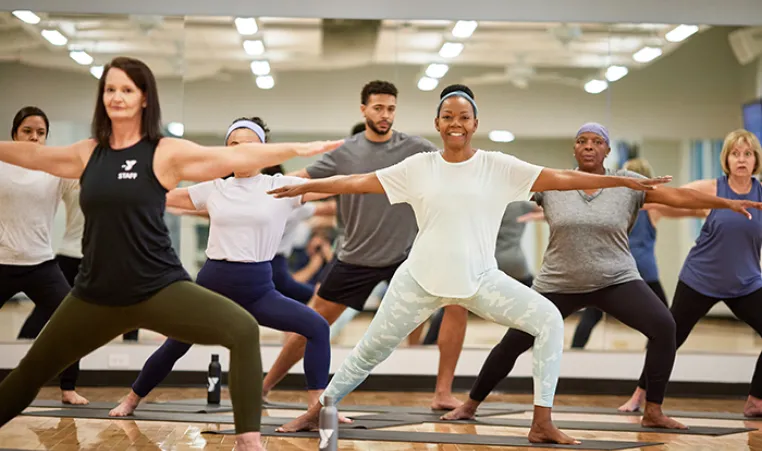
We all know that physical activity is good for us, but how does it affect our health in the long run?
Beyond keeping your weight in check, an active lifestyle is linked to a number of biologic effects on the body and improved overall health. Benefits include lower blood pressure, improved oxygen flow to the brain, strengthened immune system, and stronger heart and muscles.
Although there is no sure way to prevent breast cancer, there are several things you can do that may lower your likelihood of getting it. This is because certain breast cancer risk factors are related to personal or lifestyle behaviors, such as diet and physical activity. Other lifestyle-related risk factors include decisions about taking medicines that contain hormones. Breast cancer is the second most common cancer among women in the United States.
The American Cancer Society makes these five suggestions to protect your breast health:
- Limit alcohol. Drinking alcohol is clearly linked to an increased risk of breast cancer. The risk increases with the amount of alcohol consumed. Women who have one alcoholic drink a day have a small (about 7 to 10 percent) increase in risk compared with those who don't drink, while women who have two to three drinks a day have about a 20 percent higher risk.
- Maintain a healthy weight. Being overweight or obese, especially after menopause, increases breast cancer risk and gaining weight as an adult adds to your risk. If you’re already at a healthy weight, do what you can to stay there. If you’re carrying extra weight, work with your health care team and try to lose some. There’s some evidence losing weight may lower breast cancer risk. Losing even a small amount of weight can also have other health benefits and is a good place to start.
- Be physically active and avoid time spent sitting. Many studies have found regular physical activity reduces breast cancer risk. The American Cancer Society Guideline for Diet and Physical Activity recommends getting at least 150-300 minutes of moderate intensity or 75-150 minutes of vigorous intensity activity each week. In addition, you should limit sedentary behavior such as sitting, lying down, watching TV, and other forms of screen-based entertainment. This is especially important if you spend most of your working day sitting.
- Follow a healthy eating pattern. A healthy eating pattern includes a variety of vegetables, fiber-rich legumes (beans and peas), fruits in a variety of colors, and whole grains. It is best to avoid or limit red and processed meats, sugar-sweetened beverages, highly processed foods and refined grain products.
- Think carefully about birth control with hormones or hormone replacement therapy (HRT). Talk with your doctor about all of the options to control your menopause symptoms, and the risks and benefits of each. If you do decide to try HRT, it is best to use it at the lowest dose that works for you and for as short a time as possible.
So what steps can you take to make these changes? It doesn’t take much to make a big impact on your health. Begin with making small, measurable goals for yourself and find the best way to remain accountable.
The Y is here to support you on your journey to a healthier lifestyle. Here are some suggestions on how to get started.
- Schedule a meeting at your Y. You’ll meet one-on-one with a Health Living Coach to discuss your goals and create a personalized wellness plan together. Contact your local Y to set an appointment. Find a location near you.
- Try a new class. Just three of our 50-minute group exercise classes a weeks will add up to the recommended 150 minutes a week. We’ve got something for everyone — Les Mills BODYPUMP, Water Fitness, Active Older Adults classes, Yoga, Zumba and so much more. Find your Y’s schedule here.
- Download the free YMCA of Greater Kansas City app to keep yourself motivated. You can track your workouts, check schedules and participate in fitness challenges. Learn more.
- Be creative. There are lots of ways to stay active indoors and outdoors. Find something you enjoy and stick to it. A walk around the neighborhood, playing tag with your kids at the park and even raking leaves can count toward your physical activity goals.
Small changes now will add up to a world of difference in the long run. Don’t wait to get healthy!





